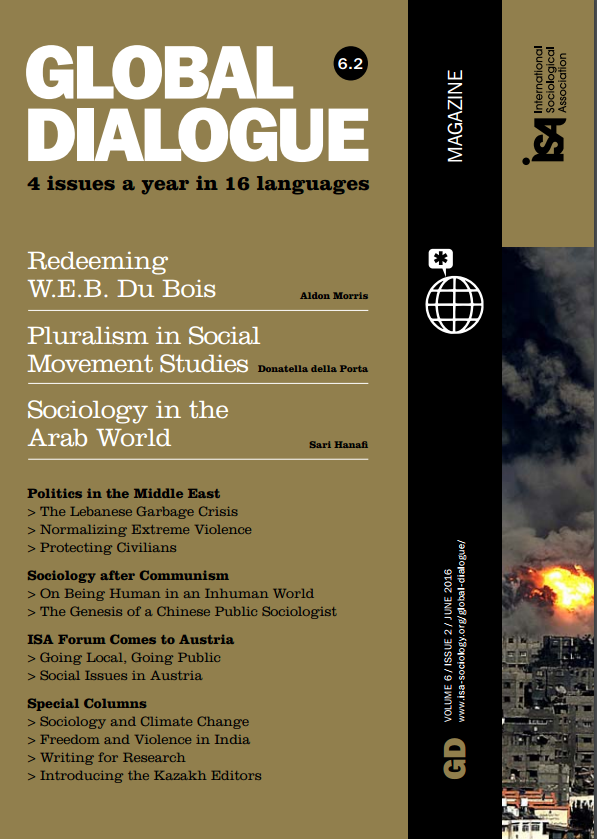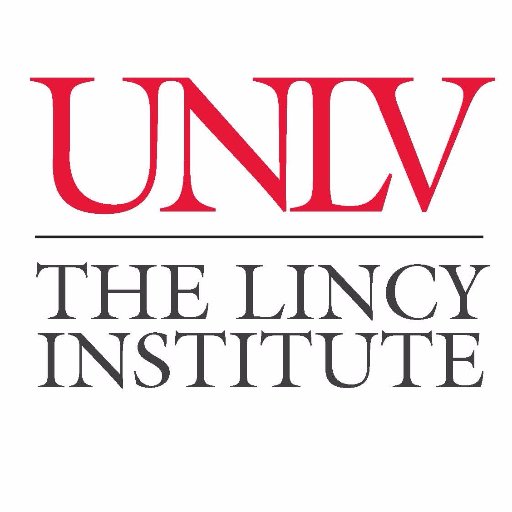Russian Culture at the Crossroads: Art and Society. Introduced and edited by Dmitri N. Shalin (UNLV: CDC Publications, 2005).
The Culture and Intelligentsia Project collects documents and research on the role that intellectuals play in generating, transmitting, and transforming society in fledgling democracies. Special attention is paid to the intelligentsia’s discourse and emotionally charged behavior that perpetuate, not always consciously, models of being found in a given culture. The project started in 1992 when UNLV hosted the First Nevada Conference on Russian Culture. Sponsored by the University of Nevada at Las Vegas, MacArthur Foundation, Nevada Humanities Committee, Russian Academy of Sciences, and National Public Opinion Center in Moscow, the event brought to Las Vegas scholars from several countries who presented the results of their studies on Russian society and culture and who continue to track the fate of reforms in emerging democracies. The participants examined the causes that impeded the formation of democracy in postcommunist societies, using pragmatist ideas as their guide. The results of this collaborative effort have been published in a book titled Russian Culture at the Crossroads. Paradoxes of Postcommunist Consciousness. The Second Nevada Conference on Russian Culture was convened in November of 1997 with the assistance and funding from the UNLV College of Liberal Arts, National Public Opinion Center in Moscow, Trust for Mutual Understanding, the Vista Group, Excalibur Resort and Casino, Inc., and LHN Inc. This conference paved the way to the International Festival of Russian Art and Culture that was staged in Las Vegas in the year 2000. As the festival report indicates, this event featured writers, poets, musicians, visual artists, and renowned experts on Russian art who illuminated the special place of Russian artistic intelligentsia in democratic reform. Below you will find forums, conference reports, and supplementary materials written in preparation for the events, along with the articles, interviews, memoirs, diareis, and biographical materials highlighting the lives and works of public intellectuals
















